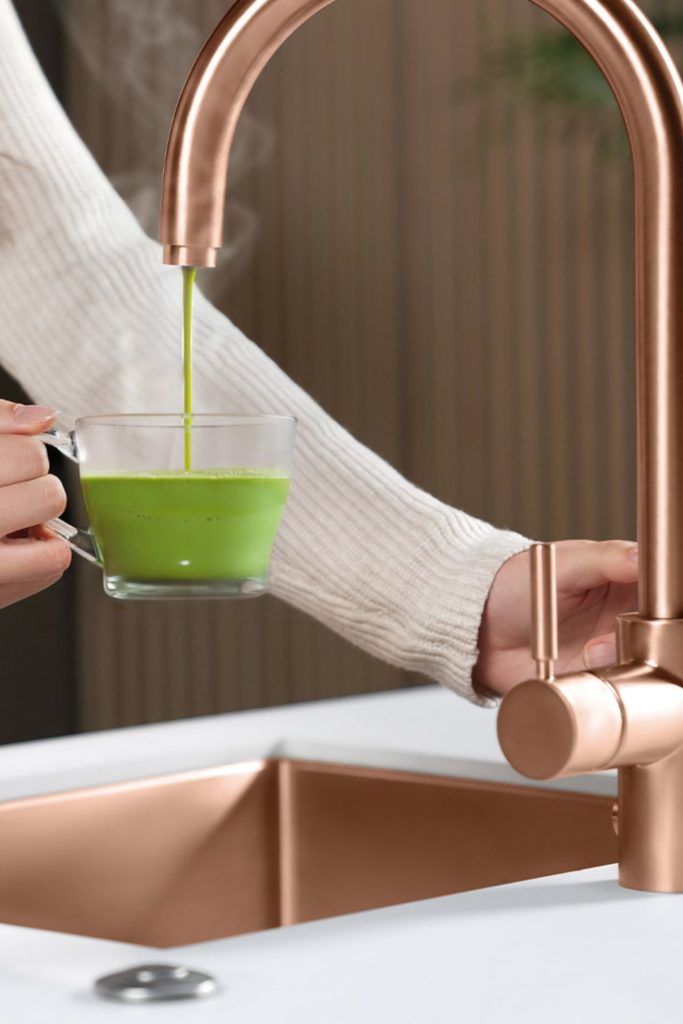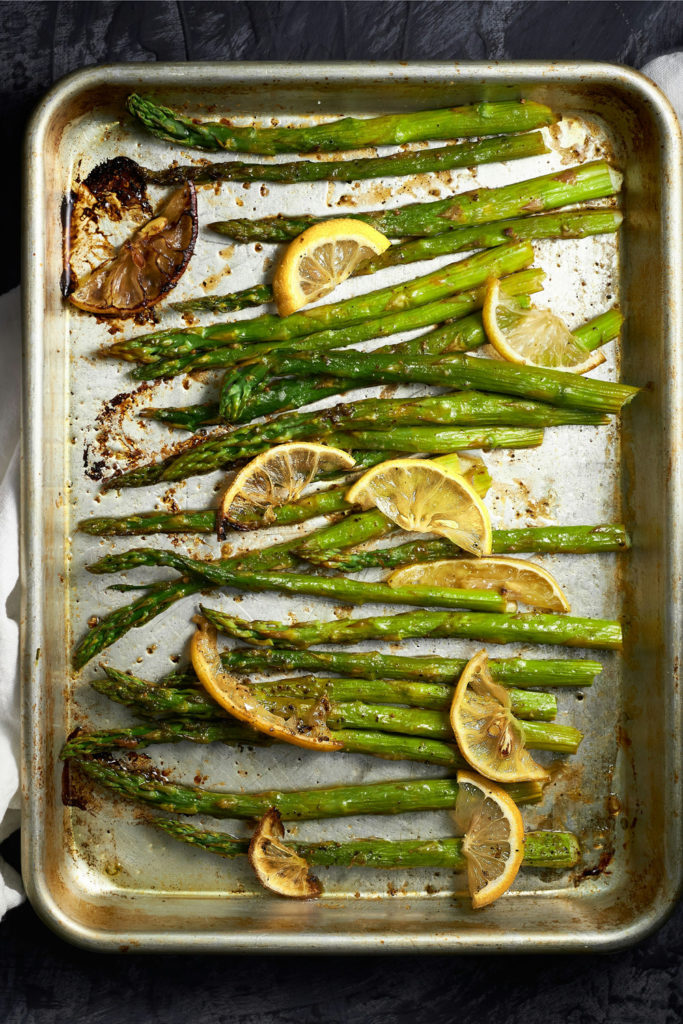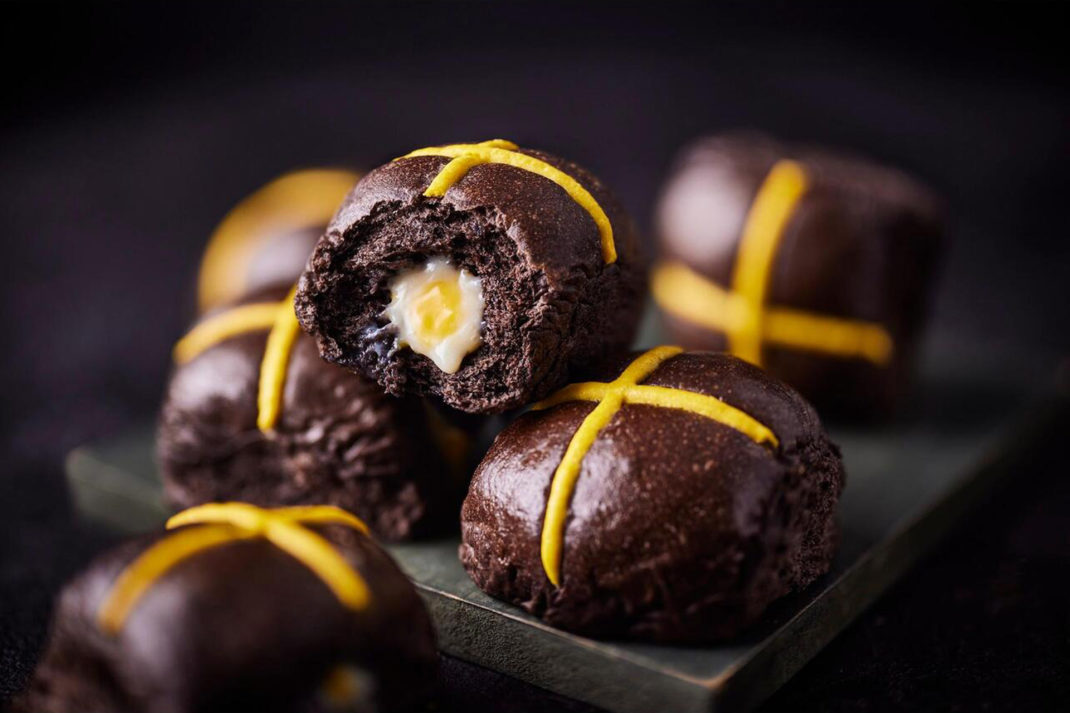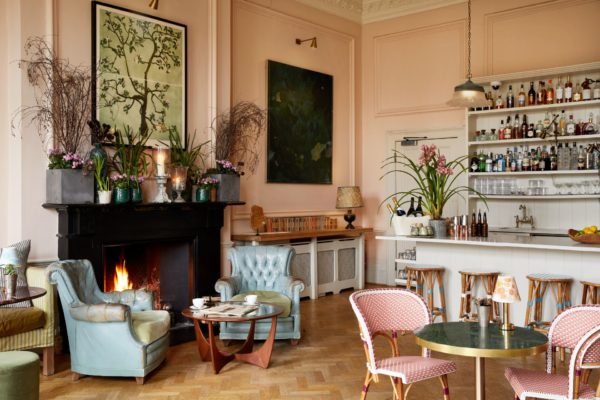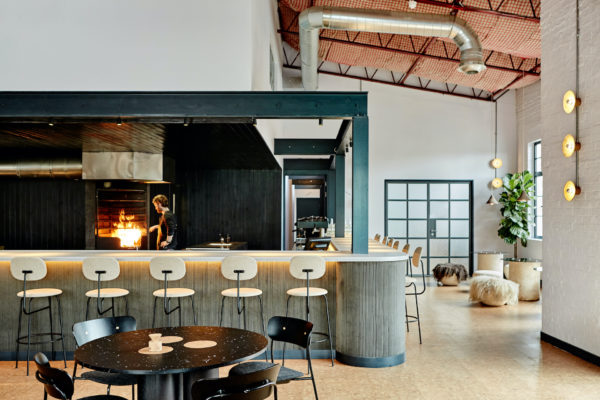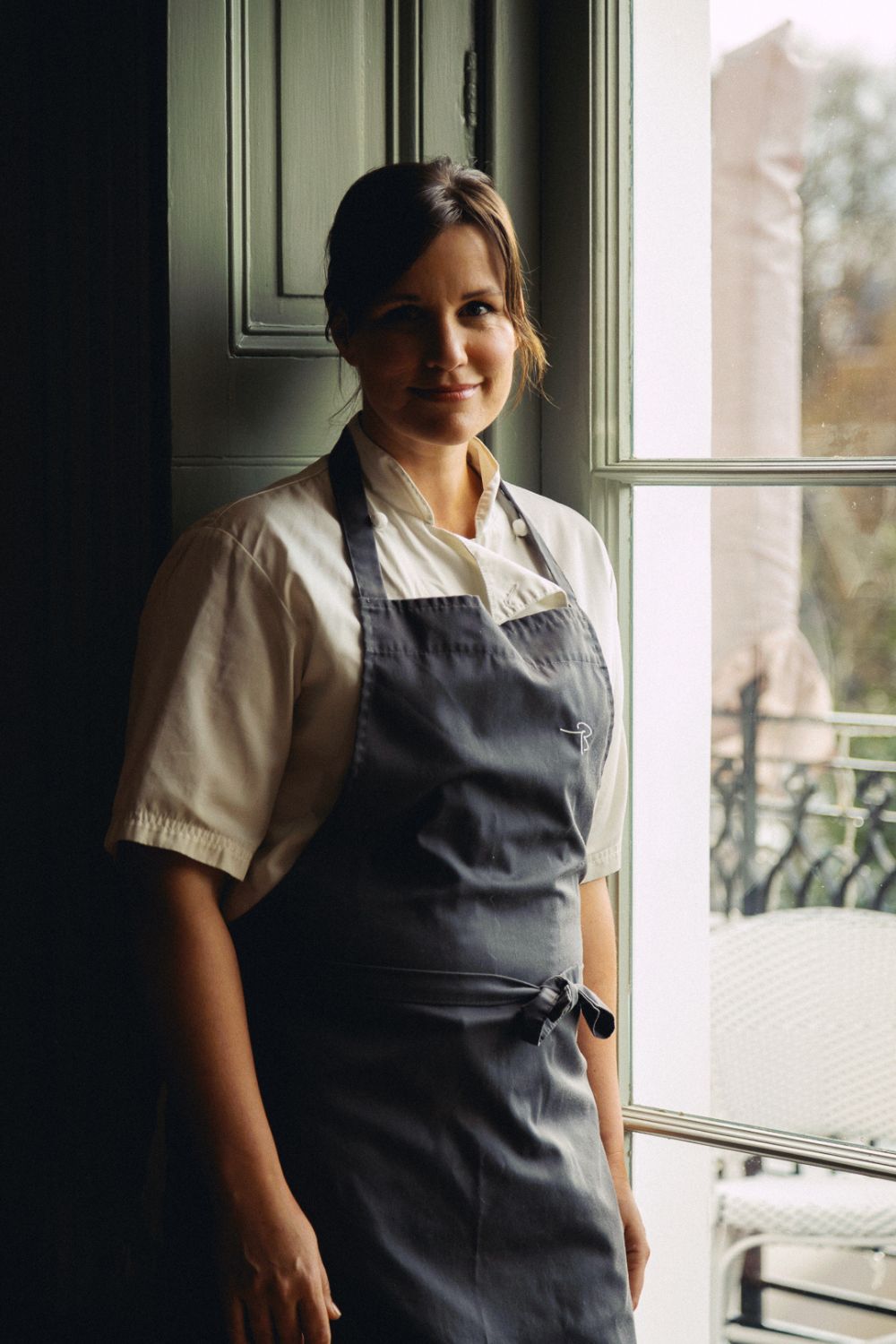
‘It’s A Long Journey, But We’re Getting There’: Vanessa Marx On Sustainability In The Food Industry
By
11 months ago
The chef chats about her vision for the Riverhouse Restaurant
Originally hailing from South Africa, Vanessa Marx now lives in leafy Richmond – just five minutes from The Bingham Riverhouse and its Riverhouse Restaurant, where she now serves as executive chef. Though she only stepped into the role a matter of months ago, Vanessa has transformed this elegant spot into an eco-focused eatery, designing a menu that showcases seasonal ingredients, locally sourced produce, and (of course) a dash of South African flair. Here, she tells us all about how she started in the culinary world and what sustainability really means to her.
Interview: Vanessa Marx, Executive Chef at The Riverhouse Restaurant
How did you get into cooking?
My entire family loves food, and my husband’s family does as well – it’s a way of life. Food was always a big part of my upbringing, too: in my family, we say that if we’re sad, we cook; if we’re happy, we cook; if we’re celebrating, we cook. Everything is about food and drink for us. Towards the end of school, I really wasn’t sure what I wanted to do, but my mum suggested becoming a chef. I said she was mad, but we started looking into different chef schools, and one in particular was in Stellenbosch in the Western Cape, which is a really beautiful area. And I thought, wow, this is actually a profession, this is something you can actually do. So I applied, and I was invited for an interview, and they accepted me. My mum said, if you’re going to start doing it, you’ve got to make it work, this has to be your thing. So I really considered it, and then off to chef school I went. I was just out of high school. I started there at 18, and then two years later I went straight into the industry and I’ve been at it ever since – that’s 20 years.
What were you doing before you became executive chef at the Riverhouse Restaurant?
I’ve actually been with the Bingham for two and a half years already. I started as head of events; I had run my own business and worked multiple high level jobs before, and I thought, well, this is a good way to get back into it. So I started off doing the members’ events, all of the weddings and corporate events and things like that. Then I worked on a casual dining menu for the members’ club, and that really took off, so I just began taking on more and more. Eventually I stepped away to do some outside events, to keep myself entertained and expanding and learning, but in October last year, the Bingham asked me to come back full time as executive chef at the restaurant. I thought, well, that’s a no brainer! I mean, I’d already been here for two years and I needed to start expanding my horizons a little bit, so I was really pleased to be able to do that. We live five minutes up the road, so it really does feel like home! Of course, I had my whole team already, too, so it was a good direction to go in, it felt really natural.
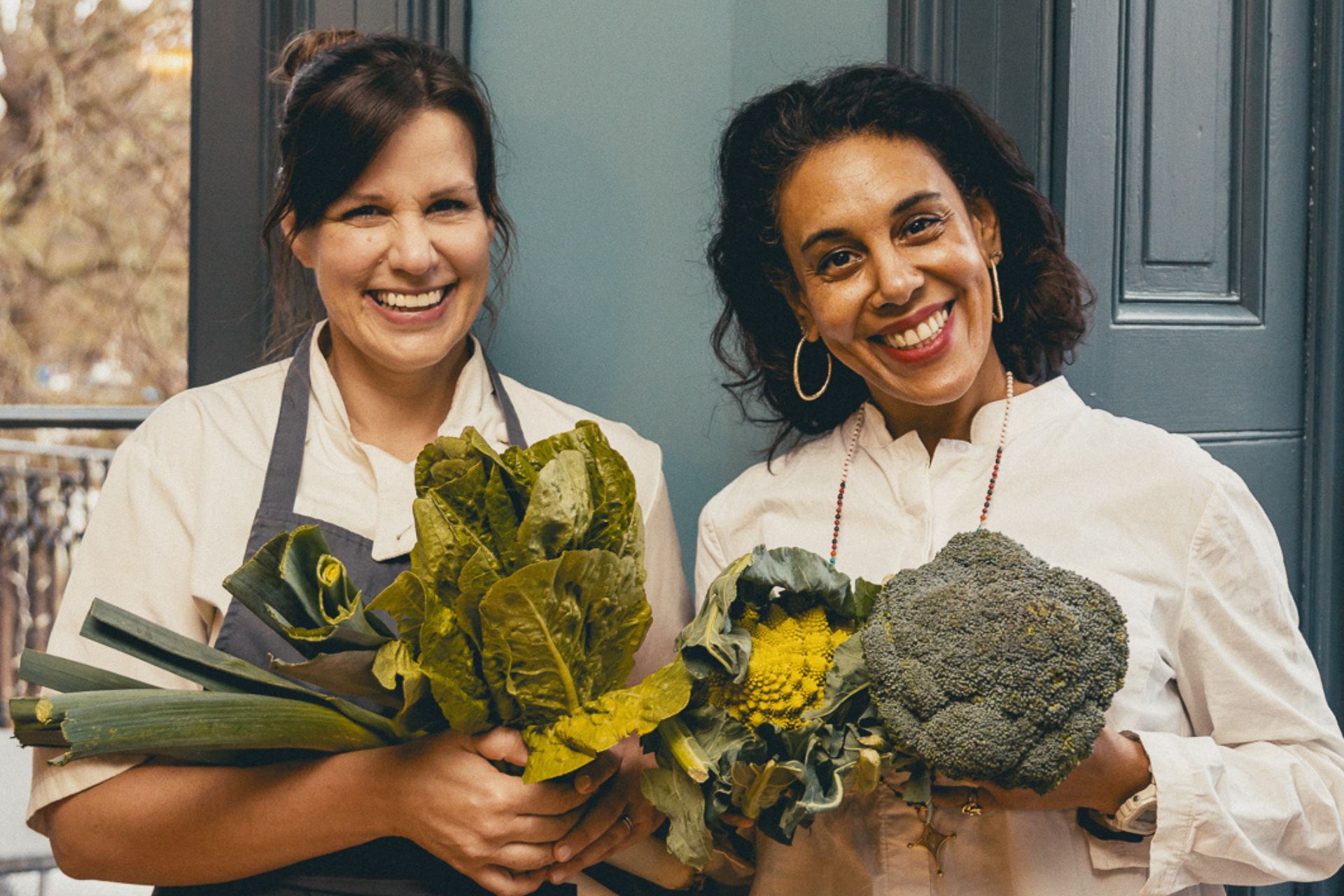
Vanessa and Samantha Trinder, co-owner of Bingham Riverhouse. (c) @roscoreckless
When it comes to food, what does sustainability mean to you?
If you think of the word sustainability, there are so many things attached to that one word, and you have to be pretty careful about how you throw it around. Even your staffing, your team – there’s a sustainability angle on that. It’s also about working with different suppliers, and what sustainability means to them; we’ve started working very closely with Haye Farm in Devon, for example, and they immediately caught my eye because everything they’re doing is so regenerative, they’re really thinking in a circular pattern. They’re actually owned by the same people as Petersham Nurseries, who are just down the road from us. With that, you might think, well, why would you support your competitors? But they’re our neighbours, and there’s a sense of sustainability there as well: supporting other local businesses and supporting each other. Haye Farm deliver to Petersham Nurseries twice a week, so it’s really helpful because they can deliver to us at the same time.
I think sustainability comes down to farming practices, too: it’s about treading gently on the earth, carefully choosing ingredients to put on the menu, and thinking about the effect of choosing those things, or buying certain products – knowing where they’re coming from. I often say that you don’t have to do everything right all the time, as long as you’re doing something, you’re taking a step towards being more sustainable. You don’t go from being just a normal kitchen to a more sustainable kitchen overnight; it’s a process. You need to retrain people, you need to teach them how to rethink – training them to separate the waste, for example, but also, before they throw it away, getting them to ask themselves what they can turn it into, what else they can do. So it’s about reducing food waste, being very selective with the seafood that we’re putting on the menu, working with the seasons, things like that. Of course, there’s a balance, though, because you want to be creative: I put fruit elements on the menu that can’t be grown in the UK, for example. But it’s just choosing what you want to put on the menu and when, and not being outrageous! It’s a long journey, but we are getting there.
How would you describe your food ethos?
Mostly, my food is very natural, seasonal, very fresh. It’s got big global flavours, and it’s quite universal – it’s not classic British.
What’s your favorite in-season ingredient right now?
Wild garlic! It’s basically free, it’s got punchy flavours, it’s got that vibrant green colour. The other ingredient is magnolia, which has quite an intriguing floral, ginger kind of flavour. We’ve got a magnolia tree in the garden here at Bingham Riverhouse, and I’ve been going to get the last of the flowers so I can pickle them. We’ll throw them in a little seasonal salad or something.
How do you incorporate your South African heritage into your dishes?
It’s interesting because the restaurant isn’t a standalone restaurant, it isn’t just mine. I’m the face of it and I’m the creative behind it, but it’s part of a bigger picture: we’ve got the boutique hotel and the member’s club, and there’s a real Bingham community. That being said, I’ve sort of snuck things into the menu in small ways. The first aspect is the bread course: when we braai at home in South Africa, it’s quite popular to make a beer bread, which is just beer mixed with flour. It’s a very quick bread and it’s got a very particular hops taste, a very satisfying flavour, and it’s my signature bread for the menu. And then I think everybody loves the lamb bobotie spring rolls, which are very moreish. Down the line I might incorporate a South African dessert, perhaps – we already do a petit four made with Rooibos tea, which is uniquely from South Africa.
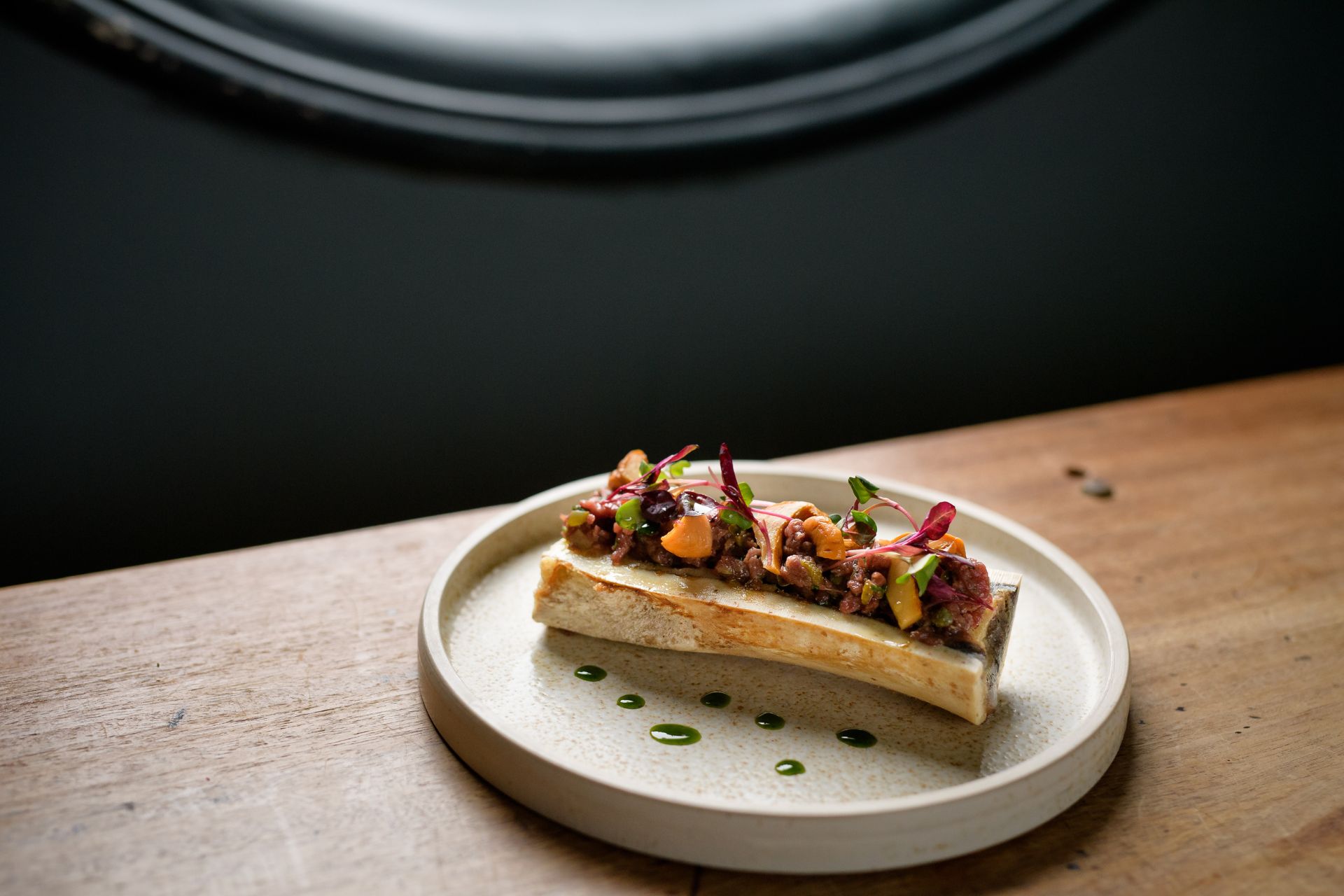
(c) Timeless Pictures
Where else do you find inspiration for your dishes?
I don’t know if this is a cliche answer, but it’s definitely in the seasons. It’s the main thing that I use to design menus: the weather, the seasons. And my food is always about the people, too. I always ask myself, who’s going to eat here? What are they going to be doing? I also love seeing what other like minded chefs are up to and what they’re achieving, that’s really inspiring.
What are your favorite places to eat in London?
Petersham Nurseries! They’ve got their green Michelin star and I love eating there – it’s super fresh, very simple, very elegant. I also love Fallow, I think everybody does at the moment. Oh, and Little Kudu, which is under a railway arch in Peckham. It’s a small plate menu by a young female South African chef. It’s cool to sit at the counter and chat to the chefs, and there are a couple of iconic South African things on the menu as well. It’s really nice to see that kind of recognition of South African dining.
When you’re not in the kitchen, where are you?
With my dogs! Or in the river. I love wild swimming around Teddington Lock.
What are three ingredients you can’t live without?
Butter, olive oil, and flaky salt.
Is there any sustainable food advice you can offer us?
Know where your food is coming from and what’s in it. Try and find somebody doing organic meat deliveries, like Haye Farm, for example, or Wild Markets, which is run by a friend of mine. My advice is to connect with small suppliers like that: don’t feel forced to buy mass produced food, because there really are so many other things available.
You can find the Riverhouse Restaurant at Bingham Riverhouse, 61-63 Petersham Rd, Richmond, TW10 6UT. binghamriverhouse.com

